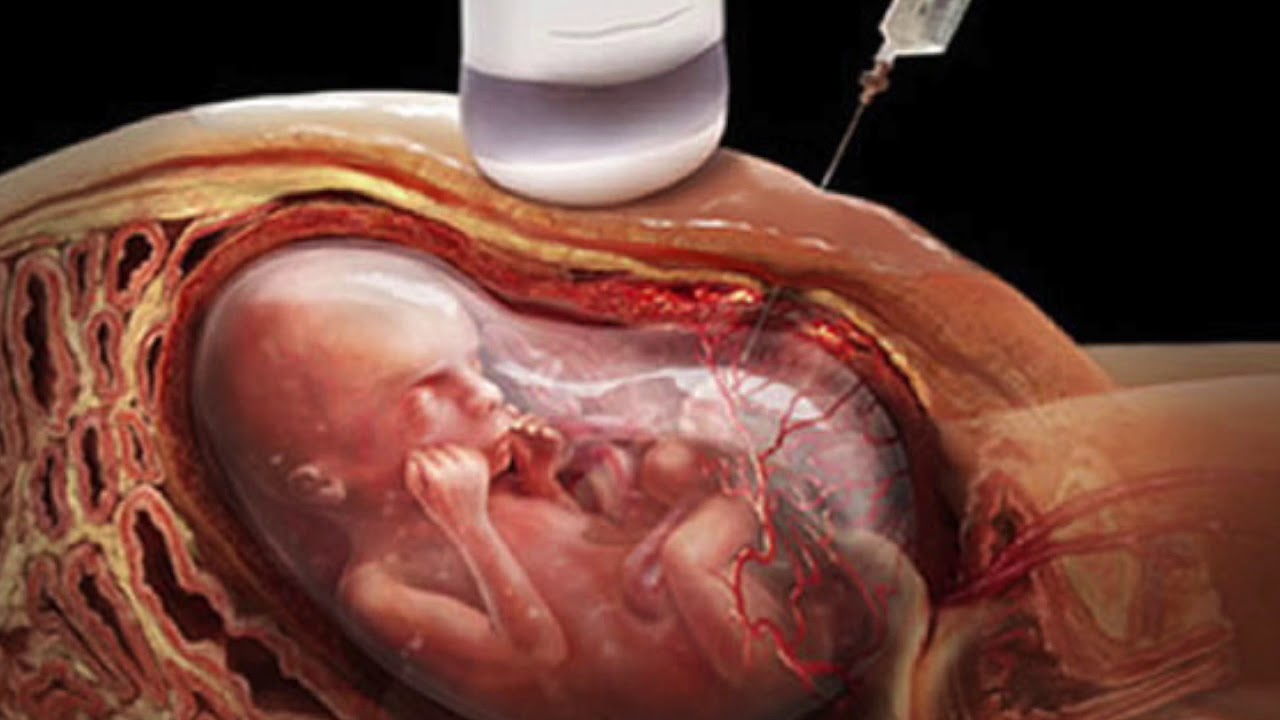
Amniocetesis
What is Amniocentesis?
Amniocetesis in Nagpur is a prenatal test in which the amniotic fluid is taken out from the uterus for testing genetic disorders, infections, or other conditions affecting the fetus.
Why is Amniocentesis done?
– Diagnosis of genetic disorders, such as Down syndrome and cystic fibrosis,
– Identification of infections, such as the toxoplasmosis and CMV,
– Confirmation of fetal lung maturity; if needed
– Relief of excess amniotic fluid (polyhydramnios)
When is Amniocentesis conducted?
This is usually between 15 to 20 weeks gestation but may be conducted earlier or even later, depending on the case.
How is Amniocentesis Conducted?
1. Transabdominal ultrasound guidance
2. Insertion of a thin needle through the abdomen and uterus
3. Withdrawing 10 to 20 mL of amniotic fluid
4. Analysis of the fluid for various conditions
Risks and Complications:
1. Miscarriage, with a 1% risk
2. Infection
3. Bleeding
4. Rare cases of fetal injury
Results:
-Will take about 1 to 2 weeks to get genetic testing results
– Other tests may be available at an earlier stage
Who to consider Amniocentesis?
These include:
– Advanced maternal age (>35 years)
– Family history of a genetic disorder
– Anomalies on ultrasound image
– Previous child with a genetic disorder
– Suspected fetal compromise
What Is a Amniocetesis?
An amniocentesis is a prenatal test in which a sample of fluid from the amnion of the fetus is withdrawn from the uterus to test for genetic disorders, infections, and other conditions.
Procedure:
1. Under guidance with transabdominal ultrasound
2. A thin needle inserted through a abdomen or the uterus
3. 10-20 mL amniotic fluid withdrawn
4. The fluid analyzed for chromosomal abnormalities such as Down syndrome, genetic disorders such as cystic fibrosis, and infections such as toxoplasmosis.
– Fetal lung maturity (if needed).
Risk factors:
1. Miscarriage; in the range of 1%
2. Infection
3. Bleeding
4. Fetal trauma; rare cases
When performed:
– Normally between 15 or 20 weeks of a gestation
May be conducted earlier or later depending on the presented condition of the mother
Why performed:
– Diagnosis of genetic disorders or infections
– Fetal lung maturity; if needed.
– Reduces excess amniotic fluid; polyhydramnios.
Outcome:
–
It may take 1-2 weeks to obtain genetic testing results
Others may receive their test results much earlier
Key Uses of Amniocentesis:
- Genetic Testing: It can help diagnose genetic disorders such as Down syndrome, trisomy 18, and other chromosomal abnormalities.
- Fetal Infections: It can detect infections in the fetus or assess the severity of anemia in babies with Rh disease.
- Lung Development: In late pregnancy, it can assess lung development if early delivery is being considered.
- Paternity Testing: It can be used for prenatal paternity testing by comparing the DNA from the fetus with that of the parents.
What procedures Amniocetesis?
The procedures for amniocentesis are as follows;
1. Preparation
– Empty the bladder
– Put on a hospital gown
2. Transabdominal Ultrasound
– Some gel or oil is used to enhance image
– The ultrasound helps guide the needle, so the needle does not hurt your fetus.
3. Insertion of Needle
– A thin needle is then inserted in through the abdomen and the uterus and guided by the ultrasound to avoid fetal contact.
4. Withdrawal of Amniotic Fluid
– 10-20 mL of amniotic fluid is sucked in with the syringe.
5. Needle extraction
– The needle is carefully taken out from the uterus and the abdominal cavity
6. Intra-procedure care
– Bed rest for 15-30 minutes after a procedure
– Check for complications like bleeding and cramping
7. Follow-up
– Make an appointment to discuss test results
– Genetic testing may take up to 1-2 weeks
At our Neurosys Multispeciality Center, we perform several key procedures including Craniotomy, which is primarily for the excision of brain tumors; V-P Shunt Surgery for treating hydrocephalus; surgeries for epilepsy; and operations targeting brain stem glioma. Beyond these, we offer a range of other neurosurgical services. If you have any questions that are not answere, please contact us through our Contact Us or Book your Appointment.
